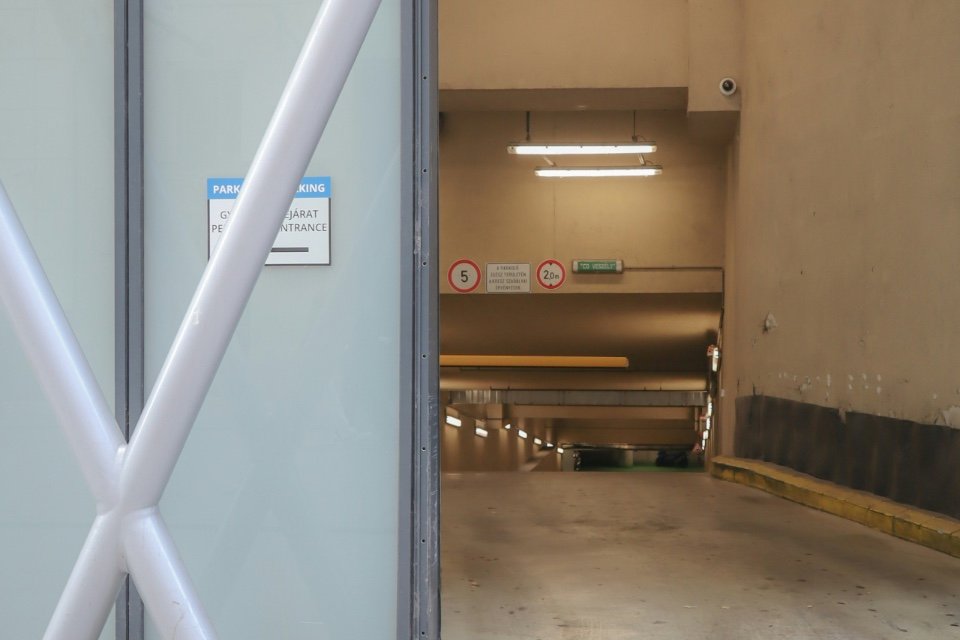Historically, access control in commercial and public sectors primarily relied on traditional means like lock and key, manned security posts, and basic electronic systems using magnetic cards. However, these methods often fell short in terms of flexibility, scalability, and overall security. As the need for more sophisticated security measures grew, the role of technology became central in the evolution of access control.
One of the most significant advancements has been the adoption of smart, integrated access control systems. These systems employ advanced technologies such as biometrics, RFID (Radio-Frequency Identification), and NFC (Near Field Communication) to enable secure and efficient access management. Biometric systems, using fingerprints, facial recognition, or iris scanning, offer a high level of security by ensuring that access is granted only to authorised individuals based on unique biological characteristics.
Another key development is the integration of access control systems with other security and operational systems. Modern access control solutions are often part of a broader security management system that includes surveillance cameras, alarm systems, and even building management systems. This integration allows for a more comprehensive security approach, where access data can be correlated with other security events, enhancing the ability to detect and respond to incidents.
The rise of mobile and cloud-based technologies has also transformed access control. Mobile access control systems, where smartphones or other mobile devices are used as access credentials, offer greater convenience and flexibility. Cloud-based systems allow for remote management of access controls, real-time monitoring, and easy scalability. These technologies cater to the increasing mobility of the workforce and the need for remote management capabilities in security systems.
Sustainability is another aspect that is increasingly considered in access control. Energy-efficient systems, the use of sustainable materials in manufacturing access devices, and systems that support green building certifications are becoming more prevalent. This shift reflects a broader trend of aligning security practices with environmental responsibilities.
However, the evolution of access control is not without challenges. Issues such as data privacy, the risk of cyber-attacks, and the need for user training and acceptance are critical considerations. Security professionals must balance the adoption of advanced technologies with robust cybersecurity measures and compliance with data protection laws.
In conclusion, the approach to access control in the UK’s commercial and public sectors is evolving rapidly, driven by technological advancements and changing security requirements. By embracing smart, integrated, and sustainable solutions, and addressing associated challenges, physical security professionals are enhancing the safety, efficiency, and resilience of their organisations.
Are you looking for Access Control solutions for your organisation? The Total Security Summit can help!
Photo by Fernando Reyes on Unsplash







